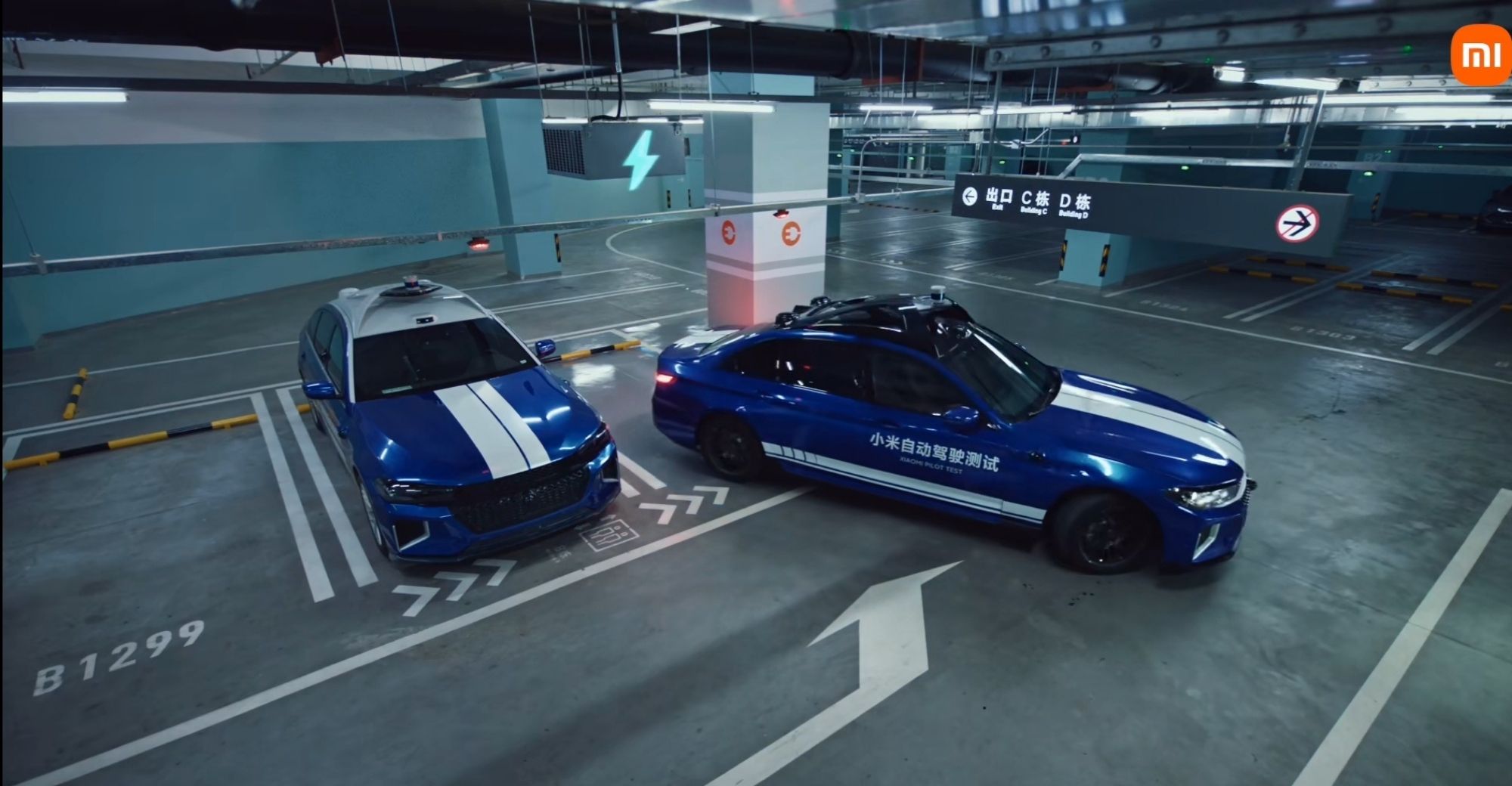Xiaomi’s Automaking Project Rumored to Lag, Autonomous Driving Tests Unsatisfactory
The progress of Xiaomi‘s vehicle manufacturing project is reportedly falling short of expectations, which may eventually lead to lower product competitiveness. At least two insiders from Xiaomi‘s automaking team confirmed this in a report by Chinese media outlet Powerhouse on November 25.
At the beginning of this month, rumors emerged that Xiaomi‘s automobile project had been shut down. The company later denied this, stating that the project was progressing smoothly. CEO Lei Jun previously said that the first Xiaomi vehicle is expected to roll off the production line and be officially mass-produced in the first half of 2024. At the company’s third quarter performance meeting on November 23, Wang Xiang, President of Xiaomi Group, once again made this clear. He claimed that “Xiaomi‘s goal of achieving formal mass production of vehicle products in 2024 is progressing very smoothly.”
“It seems to be progressing smoothly, but the actual progress is much slower,” said one of the aforementioned employees, adding that the problem lies in the internal process. For example, there should be corresponding output and delivery on some project nodes, but in the actual process, some parts to be delivered in the definition are delayed due to various factors. Under such circumstances, some functions and products that should have been delivered will be cut off.
SEE ALSO: Xiaomi and Chinese Car Brands May Jointly Launch EV to Compete With Tesla
Another employee close to the interaction department said that the main interaction function has not been completely determined until now. But there should be interactive architecture now, and it should be clear which hierarchies the architecture has, how each hierarchy is displayed, and how to implement them. “But actually up to now, these have not been determined,” said the employee.
In Powerhouse‘s report, a source familiar with the matter disclosed that many employees poached by Xiaomi with high salaries have recently chosen to leave the company, and most of these former employees are in the Shanghai team. Many of Xiaomi Auto’s departments, including whole vehicle, battery, motor and electric control system products, and chassis, are based in Shanghai.
Many employees of Xiaomi Auto, including these former employees, lack confidence in the first product. This is mainly due to the poor results of the previous automated driving test. “The previously released autopilot test video was actually edited and spliced, which is also shows the research and development progress,” one employee from Xiaomi Auto’s R&D team said. What worries them even more is that the content of these splices may be almost the same as those in the mass-production version in 2024. These models will be clearly uncompetitive in terms of automated driving.

Since announcing plans to develop its own vehicles in March of last year, Xiaomi has invested huge sums of money in the project. On November 23, Xiaomi announced its third-quarter financial report, and the investment in innovative businesses such as smart electric vehicles was 829 million yuan ($115 million), an increase of 35.68% over the second quarter. In the first three quarters of this year, Xiaomi invested a total of 1.865 billion yuan in its automaking business.
SEE ALSO: Xiaomi Founder Lei Jun: Auto Unit Needs to Reach Top Five
Within Xiaomi‘s investment map, deals in the autonomous driving field occupy a very high proportion. According to statistics by Sinolink Securities, as early as the end of September 2021, Xiaomi invested in 62 enterprises across the field of smart cars, including 17 in the field of intelligent driving.


